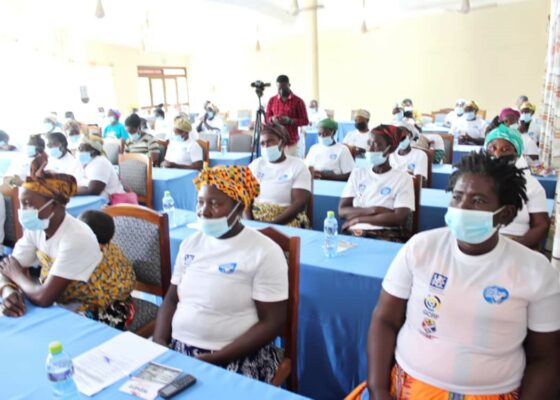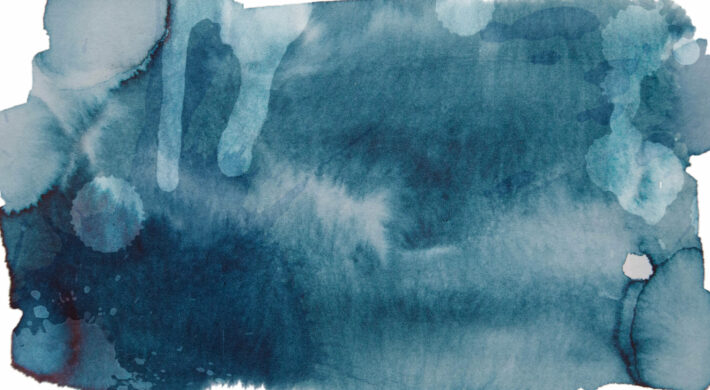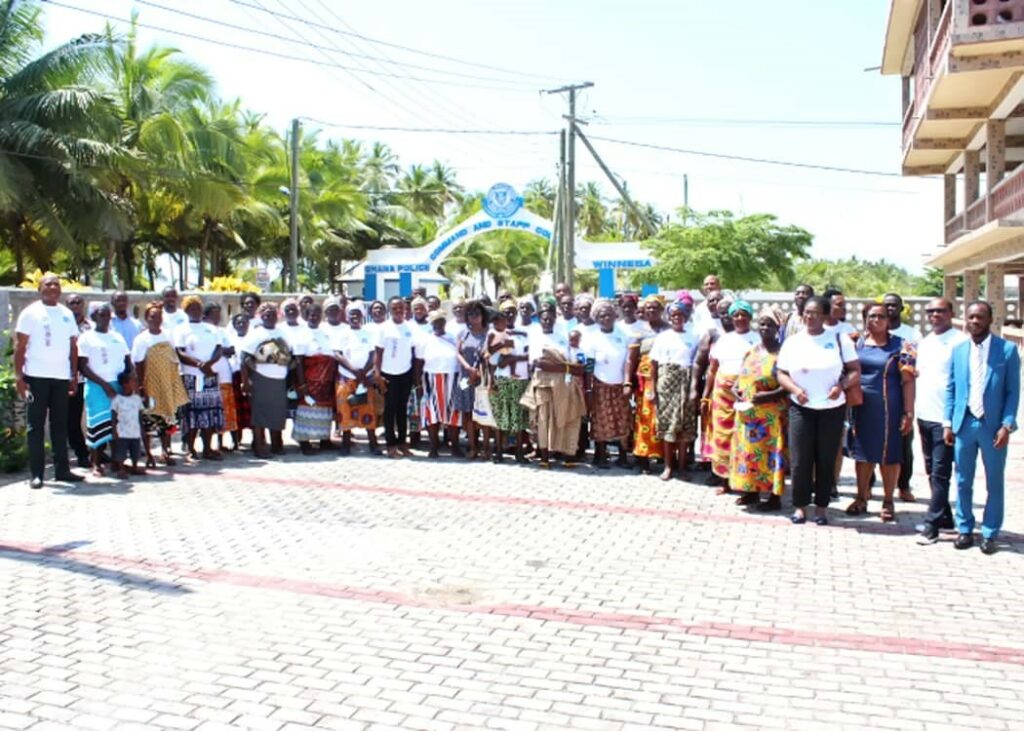Opening a platform for Women in Small-scale Fisheries in Ghana

Women participants at the workshop.

Bringing together government and non-government partners
Hub researchers at the University of Cape Coast have undertaken legal and sociological research on the role and challenges of women in small-scale fisheries, and have reached out to various partners to connect efforts in this area. The workshop provided an opportunity to compare initiatives and areas of focus among government and non-government partners.
Two academic papers, that are under preparation, provided the backdrop to this workshop:
- Tackling the Challenges Confronting Women in the Elmina Fishing Community of Ghana: A human rights framework, customary laws and their implication for marine small-scale fisheries governance in Ghana; and
- Traditional Cultural Practices and Women’s Rights in Small-Scale Coastal Fishing Communities of Ghana.
Partners’ presentations
The Fisheries Commission is responsible for the monitoring, control, surveillance and compliance in all areas of fisheries development and management in Ghana. The Commission representative at the workshop spoke about the opportunity for a new fisheries co-management plan to ensure the inclusion of women and men, representatives of traditional fisheries institutions, harvesters from all fleets, processors, marketers and civil society organizations. He pointed to the opportunities of creating national fish processors’ and traders’ association, and of a Gender Development Desk at the Commission to support gender equality in the sector.
The Commission for Human Rights and Administrative Justice has the mandate to protect and promote fundamental human rights in Ghana. The Commission representative at the workshop reflected on which human rights may be affected in the fisheries sector. He also took the participants through the procedures/processes they need to follow in seeking redress whenever they feel that their rights are being trampled upon, whether in the domestic or fisheries setting.
Environmental Justice Foundation is a UK-registered NGO protecting the environment and the human rights of people who depend on them. It has, over the last 6 years, focused attention on improving the livelihoods and socio-economic conditions of small-scale fishers in Ghana. The representative shared the findings of an assessment of the impacts on coastal communities of industrial Illegal, Unreported and Unregulated (IUU) fishing and overfishing, with a focus on the right to decent work and an adequate standard of living.
NGO Friends of the Nation seeks to catalyze increased action for sustainable natural resource management and a healthy environment and provide services to communities and institutions through knowledge transfer, research, training, networking and advocacy. A representative outlined actions supporting women in small-scale fisheries, such as campaigns for securing women’s tenure rights, gender equality in coastal resource planning, business opportunities creation, and increased access to legal information via a Legal Literacy Volunteer Model.
Hɛn Mpoano (“Our Coast”) is a Ghanaian NGO supporting inclusive and integrated management of Ghana’s coastal and marine ecosystems and securing long-term socio-economic and ecological benefits. They provide technical, policy and extension support to coastal communities, emerging civil society groups, traditional authorities, government institutions and the private sector to ensure sustainable management of Ghana’s coastal and marine ecosystems. The representative shared the results of a survey indicating that even though women have a unique understanding of natural resources, when it comes to decision making on the management of the resources, they are mostly not involved. The study also revealed that women are poorly organized and lacked fisheries-related assets or access to credit, which contribute to their limited voice in fisheries management decision-making. The lack of access to savings and micro credit, by small-scale fishers, according to Hen Mpoano, reduces their opportunity to switch to other livelihood opportunities during the lean fishing seasons and might indirectly contribute to the use of unsustainable fishing methods.
Listening to women’s concerns
Women small-scale fishers welcomed the opportunity that this workshop provided to share directly their key concerns in the following terms:
- We thank the organizers and funders of the workshop for the focus on women’s right to express opinions on fishing matters in Ghana
- Whenever there is any invitation to Accra to deliberate on fisheries issues, only the men go. Our views are not important
- When the fishermen return from sea with nothing, we are also rendered impoverished and this makes child upbringing very difficult for us
- All the teenage pregnancies in the communities are a result of inadequate resources to cater for the children, and the burden falls on women.
- We need government’s financial assistance, because the loans available attract too much interest and we are always expected to pay these loans in very short periods.
It was notable that the workshop was also successful in attracting media attention on these issues.
Next steps
The workshop findings and opportunities for partnerships will be reflected in an upcoming policy brief on sustainable and inclusive small-scale fisheries that Hub researchers at the University of Cape Coast are working on. The policy brief will also include the outcomes of a regional workshop co-organized by the Hub and the UN Food and Agriculture Organization on the application of the FAO Small-Scale Fisheries Guidelines in 2021. In addition, the policy brief will include the emerging Hub research findings on cultural heritage in small-scale fishing communities, human rights, and the status of fisheries resources in Ghana (see also here and here) and of fisheries regulation.
